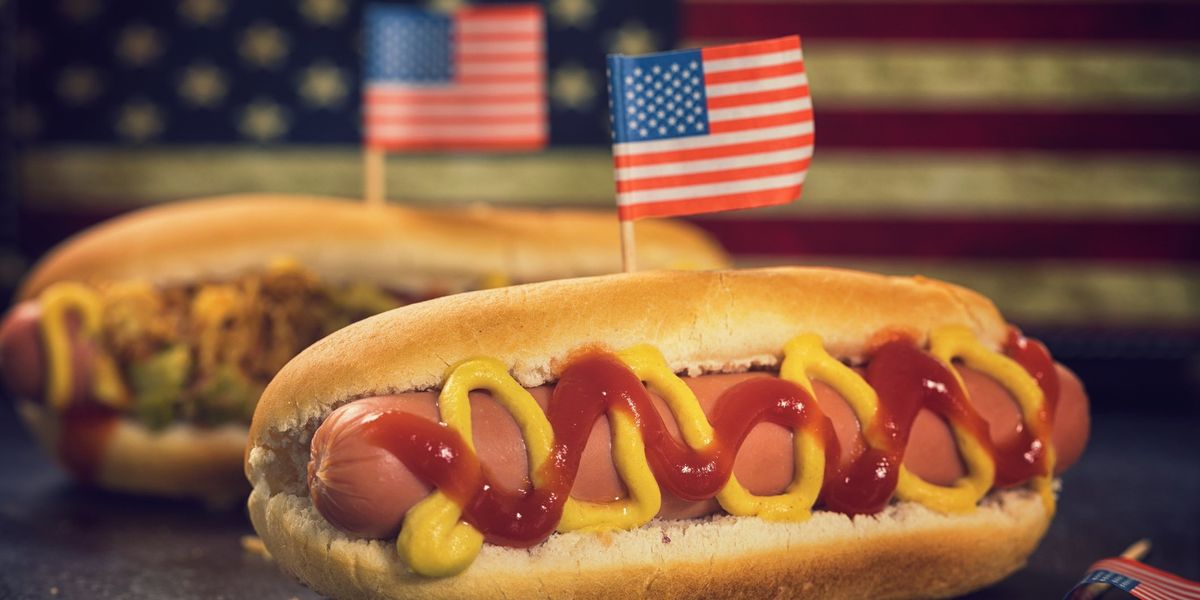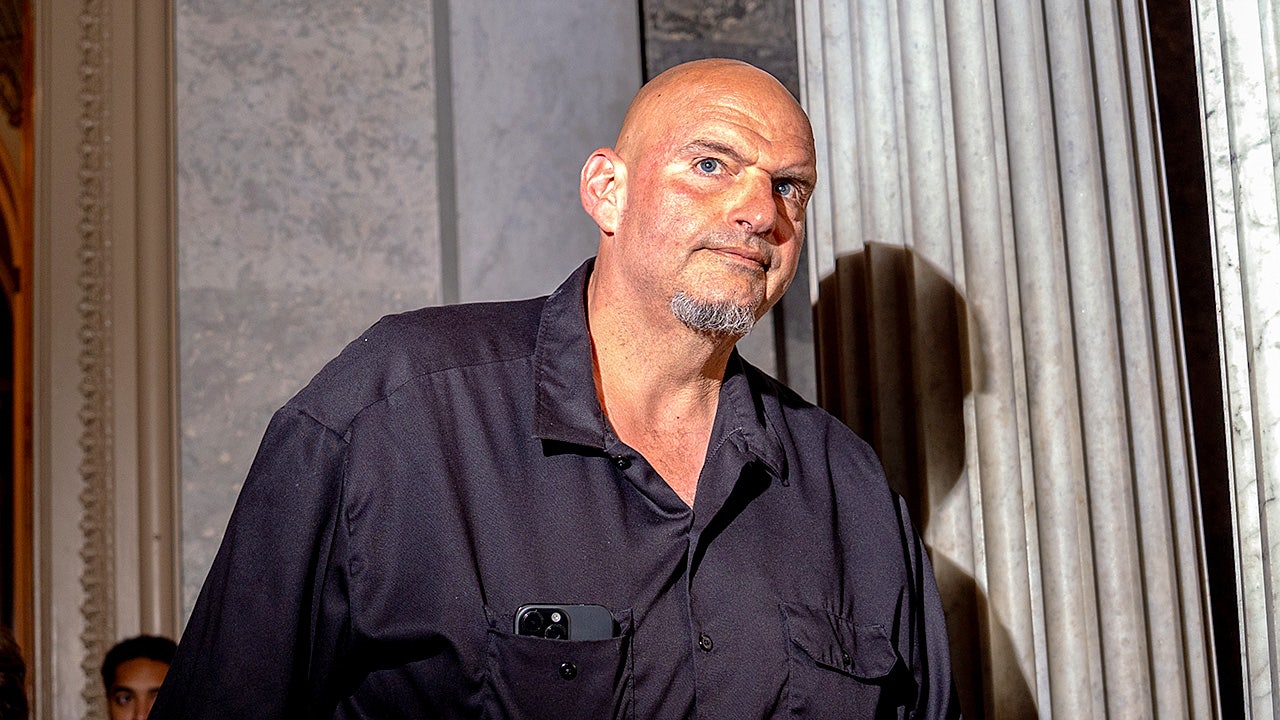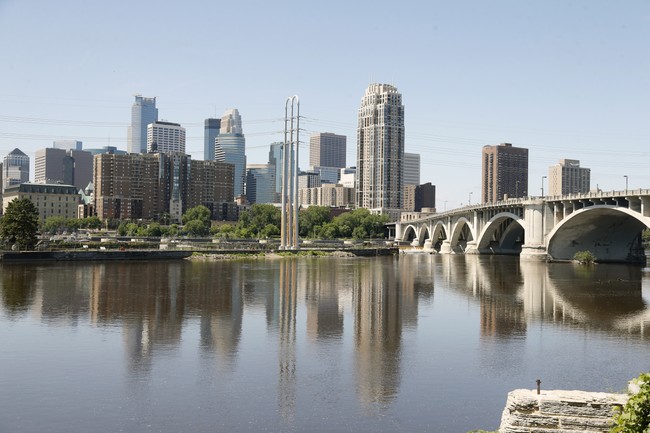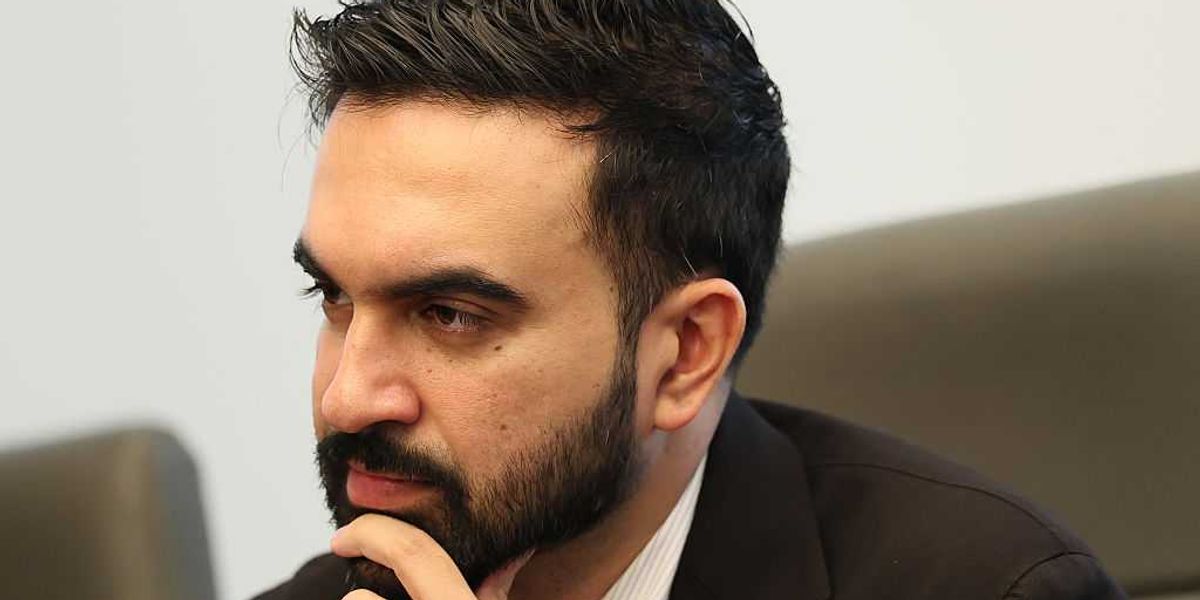As Americans marked Independence Day with parades, fireworks, and celebrations of national pride, several left-wing protest groups used the holiday to launch demonstrations labeled “No Kings 2.0,” aimed at expressing dissatisfaction with President Donald Trump’s reelection and administration.
The protests have sparked criticism over their timing and message, with many pointing out that the Fourth of July already symbolizes the nation’s rejection of monarchy and embrace of democratic self-governance.
While the protests were framed by organizers as resistance to authoritarianism, critics noted the contradiction of protesting an elected president on a day meant to honor America’s founding principles.
Trump’s Sovereign Wealth Fund: What Could It Mean For Your Money?
Independence Day celebrates the nation’s separation from British rule and the formation of a constitutional republic.
The protesters’ messaging, which appeared to liken President Trump to a monarch, drew pushback from those who viewed it as a misrepresentation of the nation’s democratic system.
The demonstrations reflect broader ideological shifts within the Democratic Party, as progressive voices increasingly influence its direction.
Some of those same voices have called for the dismantling of institutions they deem unjust, including immigration enforcement policies and constitutional structures.
This Could Be the Most Important Video Gun Owners Watch All Year
The movement has extended beyond fringe activism, as candidates aligned with Democratic Socialists of America have gained prominence in local and state politics.
Data released this week further illustrates a significant change in national sentiment, particularly among Democratic voters.
CNN’s senior data analyst Harry Enten discussed Gallup polling showing that the percentage of Democrats who say they are “extremely” or “very” proud to be American has dropped sharply over the past decade.
In 2015, 80 percent of Democrats expressed pride in being American.
That figure has fallen to just 36 percent in 2025, according to Gallup. The decline is most evident among younger Democrats.
Among those in Generation Z, only 24 percent report being proud to be American, while 32 percent say they have “little or no pride” in the country.
Enten noted that the generational divide plays a major role in the downward trend and observed that the numbers for young Democrats have dropped below those who actively express disapproval of the nation.
On this July 4th, Democrats who are extremely/very proud to be American has fallen through the floor to a record low of 36%. Down from 80% in 2015.
This is driven by Gen Z Dems of whom just 24% are proud to be American.
Meanwhile, 92% of the GOP are proud to be American. pic.twitter.com/vXdbXODc5f
— (((Harry Enten))) (@ForecasterEnten) July 4, 2025
By contrast, Republican voters have maintained consistently high levels of national pride.
In 2015, 90 percent of Republicans said they were proud to be American. That figure has risen slightly to 92 percent in 2025, suggesting a stable and enduring sense of patriotism within the GOP base.
The disparity in sentiment is reflected in the differing policy approaches and rhetoric of the two major parties.
While Republican leaders have focused on border security, law enforcement, and constitutional protections, progressive Democrats have prioritized reforms that often challenge long-standing national institutions and norms.
New York State Assemblymember Zohran Mamdani, who identifies as a Democratic Socialist, is among those who have gained influence within the party’s progressive wing.
Mamdani and others have drawn criticism for rhetoric perceived by opponents as hostile to American institutions and values.
President Trump, who was reelected in 2024 and is now serving his second term, has frequently criticized left-wing activists and lawmakers for what he describes as efforts to undermine American identity.
Trump’s administration has also rolled back a series of policies associated with the environmental, immigration, and economic agendas of the prior administration, while emphasizing national sovereignty and American exceptionalism.
Conservatives argue that patriotism among Republican voters remains steady regardless of who holds office, citing consistent expressions of national pride even during the presidency of Barack Obama.
They contend that Democratic expressions of patriotism are often conditional, rising or falling based on political control.
Under President Trump, the highest amount of Americans are proud of our country in 14 YEARS.
Why?
Because under President Trump, Republicans are delivering, government is Putting the American People First Again, we’re slashing bureaucracy, and we are Making America Great Again. pic.twitter.com/prBSiwF1i0
— Byron Donalds (@ByronDonalds) July 4, 2025
Some analysts and lawmakers suggest that the drop in Democratic voter patriotism has policy implications, including support for open border policies, reductions in defense spending, and challenges to traditional constitutional structures.
Critics argue that such positions may be contributing to a growing disconnect between Democratic leadership and working-class or rural voters.
While protests like “No Kings 2.0” draw media attention, polling data suggest that the message may not resonate with much of the electorate.
According to Gallup’s findings, the majority of Americans who express strong national pride tend to align with Republican positions and candidates, further deepening the political divide ahead of the 2026 midterm elections.
Celebrate Summer with this LIMITED EDITION Grizzly Trump Cooler! Exclusively on Mammoth Nation.
The opinions expressed by contributors and/or content partners are their own and do not necessarily reflect the views of LifeZette. Contact us for guidelines on submitting your own commentary.
Read the full article here


![CNN Data Analyst Admits Democrats’ Patriotism Has ‘Fallen Through the Floor’ [WATCH] CNN Data Analyst Admits Democrats’ Patriotism Has ‘Fallen Through the Floor’ [WATCH]](https://www.rvmnews.com/wp-content/uploads/2025/07/2025.07.05-01.56-rvmnews-68692f226f764.jpg)





![Trump Admin Discovers a Ton of Money Going to Illegal Aliens for Healthcare [WATCH] Trump Admin Discovers a Ton of Money Going to Illegal Aliens for Healthcare [WATCH]](https://www.lifezette.com/wp-content/uploads/2025/10/2025.10.03-01.49-lifezette-68dfd47f6f788.jpg)



